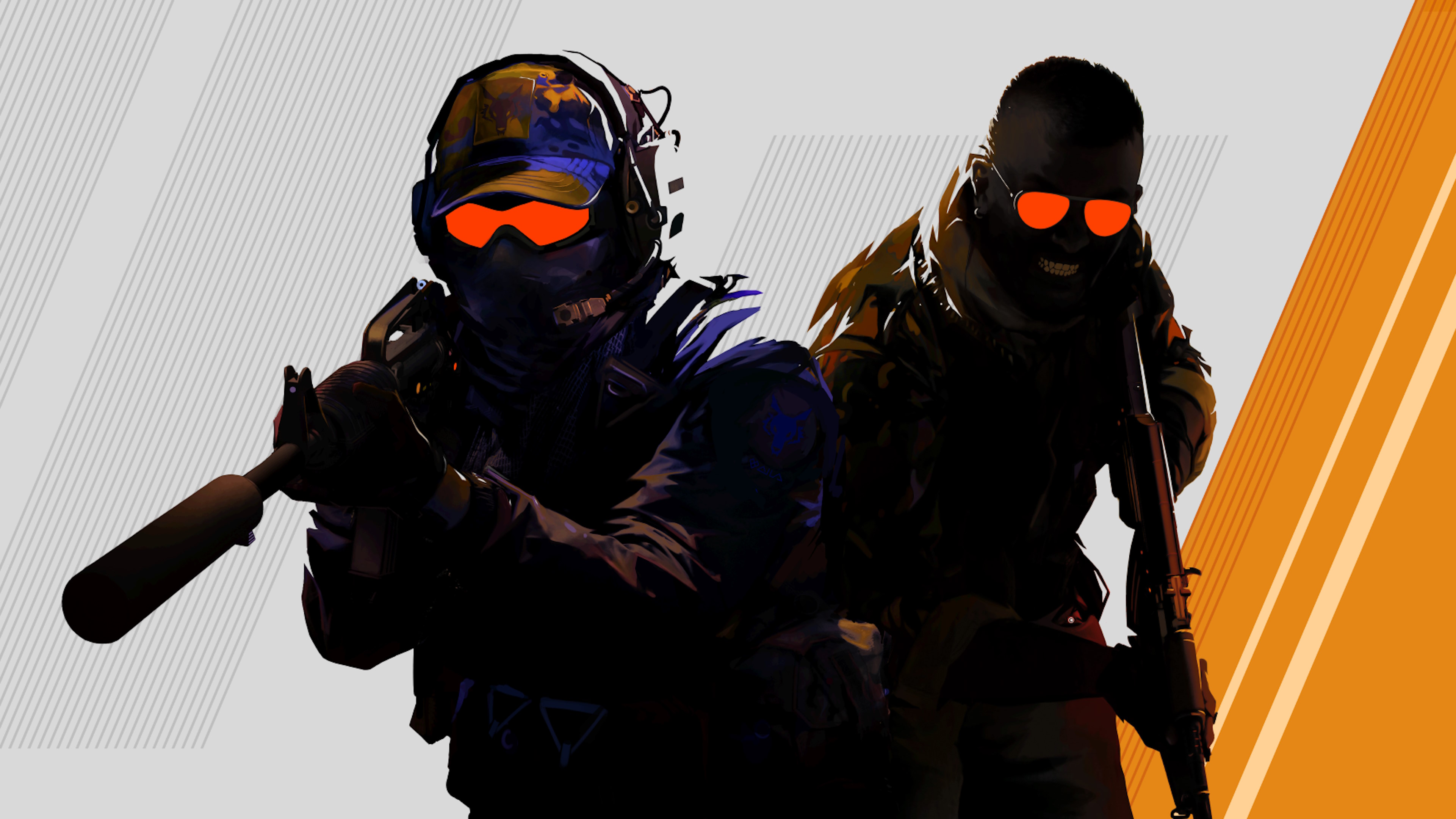Valve announces two big changes to Counter-Strike 2: shorter matches, and a new map-specific ranking system
Who's ready for 10 more years of Dust 2?

Earlier this year Valve announced Counter-Strike 2, alongside a limited test that invited a small percentage of the playerbase in to smell the roses. Since then the developer has been using the test to, well, test things: rotating maps in and out, adding new features one by one, and generally fine-tuning this thing before the masses descend. And that time is at hand.
A new update brings an overhaul of the ranking system, a change in map length, a reworked version of the map Inferno, and opens up the limited test to a much wider range of Counter-Strike: Global Offensive players.
The changes to the ranking system are considerable, with an all-new CS Rating determining where players stand on global and regional leaderboards which refresh each competitive season. This rating will only apply in Premier mode, which is clearly intended as the main competitive focus in Counter-Strike 2, and separate ratings will apply to the non-Premier competitive playlists. The latter use the existing skill rankings and are applied on a per-map basis: so you can be Global Elite in Dust 2, and silver on Vertigo.
On top of this comes a major change to the number of rounds in a competitive match. This has traditionally been 30 rounds, with teams playing 15 each as terrorist and counter-terrorist, with the possibility of overtime rounds in the event of a draw. The CS2 devblog says that over the past decade "we’ve shipped updates to the economy and weapon balance to trim the fat and reduce the number of uncontested rounds in a match of CS."
The devs reckon that because of these changes competitive matches can be resolved with fewer rounds, and "shorter matches mean players can play more, and more often." So CS2 is now going to have a maximum round limit of 24, with a six round overtime in the event of a tie game, in Premier, Competitive, and at the Majors.
This follows on from the introduction of short matches to CS:GO several years, which are a 15 round affair, and work surprisingly well. As a regular CS:GO player this feels like a judicious tweak, and if it knocks 15 minutes or so off the average competitive match without losing the feel then rock on. Valve adds that it expects "the structure and flow of matches to evolve over time as the community adapts" and leaves the door open for further tweaks.
The change most Counter-Strike players will be excited for, however, is that Valve is now inviting "as many eligible players as possible to the Limited Test." Players need to have CS:GO Prime status, an active CS:GO competitive skill ranking, and play in one of the regions where the limited test is available. Simply check Steam to see if it begins updating CS:GO, and in all likelihood you're in: this will greatly increase the pool of players as Valve gears up for this summer's full release.
Keep up to date with the most important stories and the best deals, as picked by the PC Gamer team.

Rich is a games journalist with 15 years' experience, beginning his career on Edge magazine before working for a wide range of outlets, including Ars Technica, Eurogamer, GamesRadar+, Gamespot, the Guardian, IGN, the New Statesman, Polygon, and Vice. He was the editor of Kotaku UK, the UK arm of Kotaku, for three years before joining PC Gamer. He is the author of a Brief History of Video Games, a full history of the medium, which the Midwest Book Review described as "[a] must-read for serious minded game historians and curious video game connoisseurs alike."

